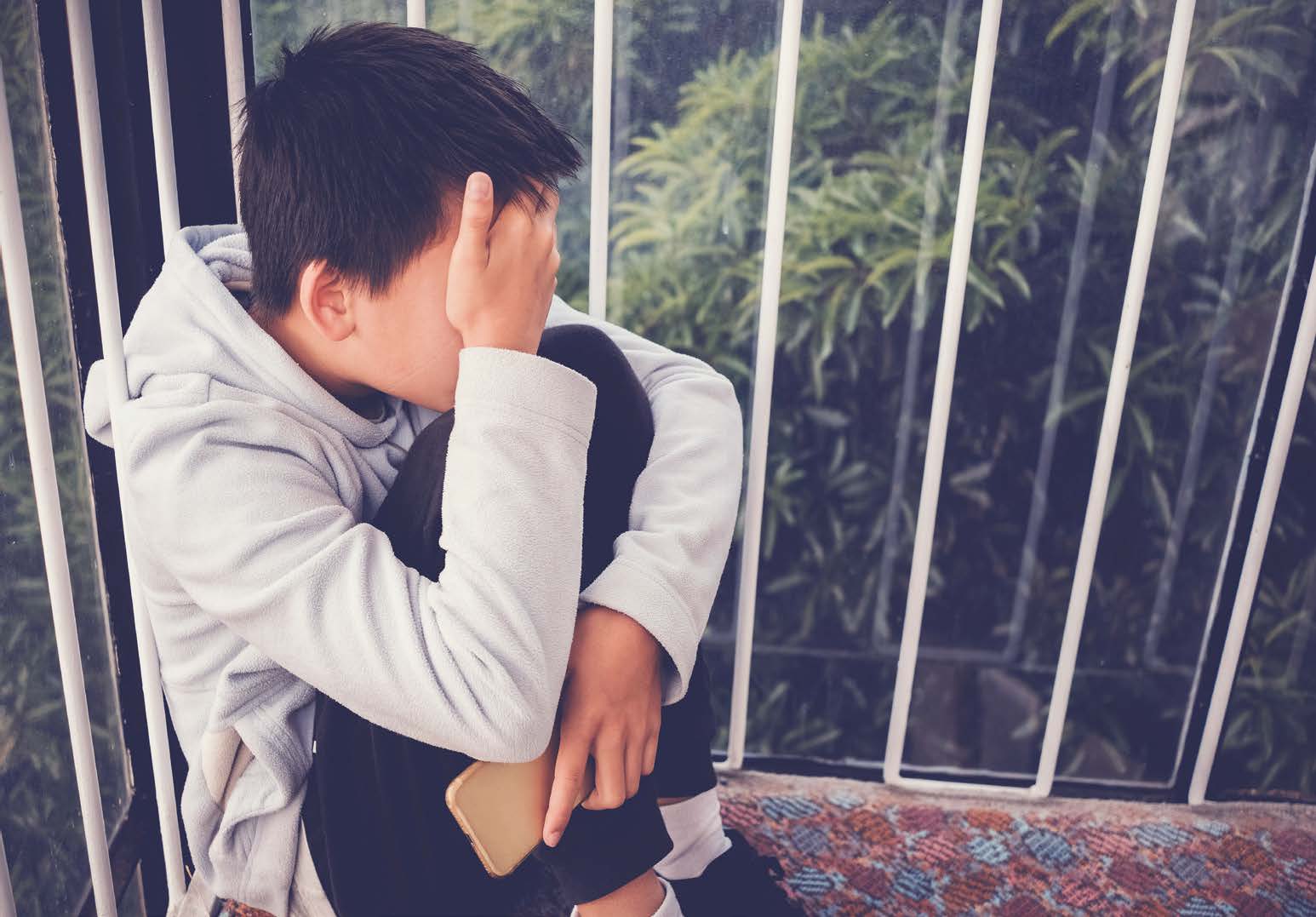KAROO NEWS - Social media can be fun. It’s a place where one can make and maintain friendships, share interests, and develop relationships with family. The Covid-19 pandemic and school lockdown regulations have emphasised the key role social media can play in connecting with friends, as it is an extension of our offline interactions.
As a teenager, however, it is important that you are aware, informed and understand the risks that come with social media.
Always remember to protect yourself by censoring what you post and choosing the crowd you associate with wisely. Caxton Local Media’s legal and compliance adviser Helene Eloff Viljoen, who specialises in media law, shares six things every teenager should know about social media.
- Nothing is private
Regardless of your privacy settings and the steps social media platforms take to protect your privacy, you should know that privacy is never guaranteed online.
More importantly, nothing is ever truly deleted, so be very sure about what you share before you hit the post or send button. Once you post a picture or a status, it is stored on the site’s server and can normally be retrieved, even if you delete it from your profile.
Case study Contents of a private Facebook chat in 2015 between Judge Mabel Jansen and a filmmaker named Gillian Schutte was made public by the latter. In these messages, Jansen made scathing remarks about black people. In 2017, the Judicial Service Commission (JSC) decided that her comments amounted to impeachable conduct. She was placed on special leave while the JSC deliberated on a complaint against her that no black man could be fairly tried in her courtroom. Jansen faced public outcry when the Facebook discussion went viral and subsequently resigned before a disciplinary process could be followed.
2. Racism is wrong
Protecting people against hate speech and racist slurs requires weighing up several fundamental rights. To maintain legitimacy in enforcing legislative protection, a fine balance must be struck between the rights to equality and dignity on the one hand and freedom of speech on the other hand.
Although freedom of speech is a constitutionally protected right, it is not ‘limitless’.
The right to dignity is of direct relevance to the protection afforded against racist slurs and utterances. Case study
Allegations surfaced in 2019 that Mike Bolhuis, a private investigator, made racist statements in a private WhatsApp voice message to one of his clients. The second season of his KykNET show, titled Bolhuis, was subsequently taken off the air. Bolhuis later apologised and acknowledged that racism is wrong. His show was reinstated a year later.
3. Sexting = Child pornography
Do not send naked selfies or sexually provocative images of yourself to anyone, not even a friend from school. Beware of sexual predators in chatrooms or on social media.
The Sexual Offences Act dictates that any content of a sexual nature depicting a person younger than 18, is child pornography.
What does this mean?
This means that if you are a minor and you take naked pictures of yourself or a friend, regardless of whether you distribute them, you are manufacturing child pornography.
If such images are sent to you and you keep them, you are in possession of child pornography. If you share them, you are guilty of disseminating child pornography. This is because the law doesn’t make any exception for young people creating, possessing and sharing such material, and these are considered serious, child pornography crimes – even if both parties consent to taking and sharing these images.
4. The criminal consequences of cyberbullying
Sending mean texts or messages to someone, pranking someone’s cellphone, hacking into someone’s gaming or social media account, being rude or mean to someone in an online game, spreading secrets or rumours about people online, and pretending to be someone else to spread hurtful messages online are all examples of cyberbullying. The perpetrator may be criminally charged.
What does this mean?
In terms of our law, children as young as 10 years old can be prosecuted. Victims of bullying can approach their nearest magistrate’s court for a protection order against the perpetrator. This can be done in terms of the Protection from Harassment Act.
 In terms of our law, children as young as 10 years old can be prosecuted.
In terms of our law, children as young as 10 years old can be prosecuted.
5. Gossip is expensive
Defamation is any wrongful, intentional publication of words or behaviour relating to another person that injures or demeans their status, good name, character or reputation. If it is defamatory in nature, you could land up in court, facing a lawsuit. You don’t necessarily have to be the person who wrote a potentially abusive post to face the repercussions; just being tagged in a message (you don’t even have to comment!) that targets someone else could still implicate you.
If you are aware that you have been tagged in a potentially defamatory post, and you make no effort to disassociate yourself from it, you could be held equally liable.
Case study On August 20, 2013, the North Gauteng High Court ruled in the Isparta v Richter defamation case. Isparta took Richter to court based on what the latter had said and implied on Facebook: “Aan alle mammas en pappas…wat dink julle van mense wat stief tiener boeties toelaat om klein sus- sies (6) te bad elke aand . net omdat dit di ma se lewe vergerieflik??? – witn P O” [sic] Richter tagged a third person in the post. This third person was only identified by the surname Oosthuizen. The court granted judgment in favour of the plaintiff against the defendants. They had to pay R40 000 in damages.
 If you are aware that you have been tagged in a potentially defamatory post, and you make no effort to disassociate yourself from it, you could be held equally liable.
If you are aware that you have been tagged in a potentially defamatory post, and you make no effort to disassociate yourself from it, you could be held equally liable.
6. Your social media timeline is your
Recruiters and human resource officials tend to check the social media profiles of applicants before deciding who to invite to interviews. Ensure that you come across as a professional, ethical, law-abiding citizen or student on your social media profiles.
What does this mean?
Do not share anything on social media that you would not want your teacher, university admissions officer, future boss and yes, your grandma, to see
 Once you post a picture or a status, it is stored on the site’s server and can normally be retrieved, even if you delete it from your profile.
Once you post a picture or a status, it is stored on the site’s server and can normally be retrieved, even if you delete it from your profile.
'We bring you the latest Garden Route, Hessequa, Karoo news'
















